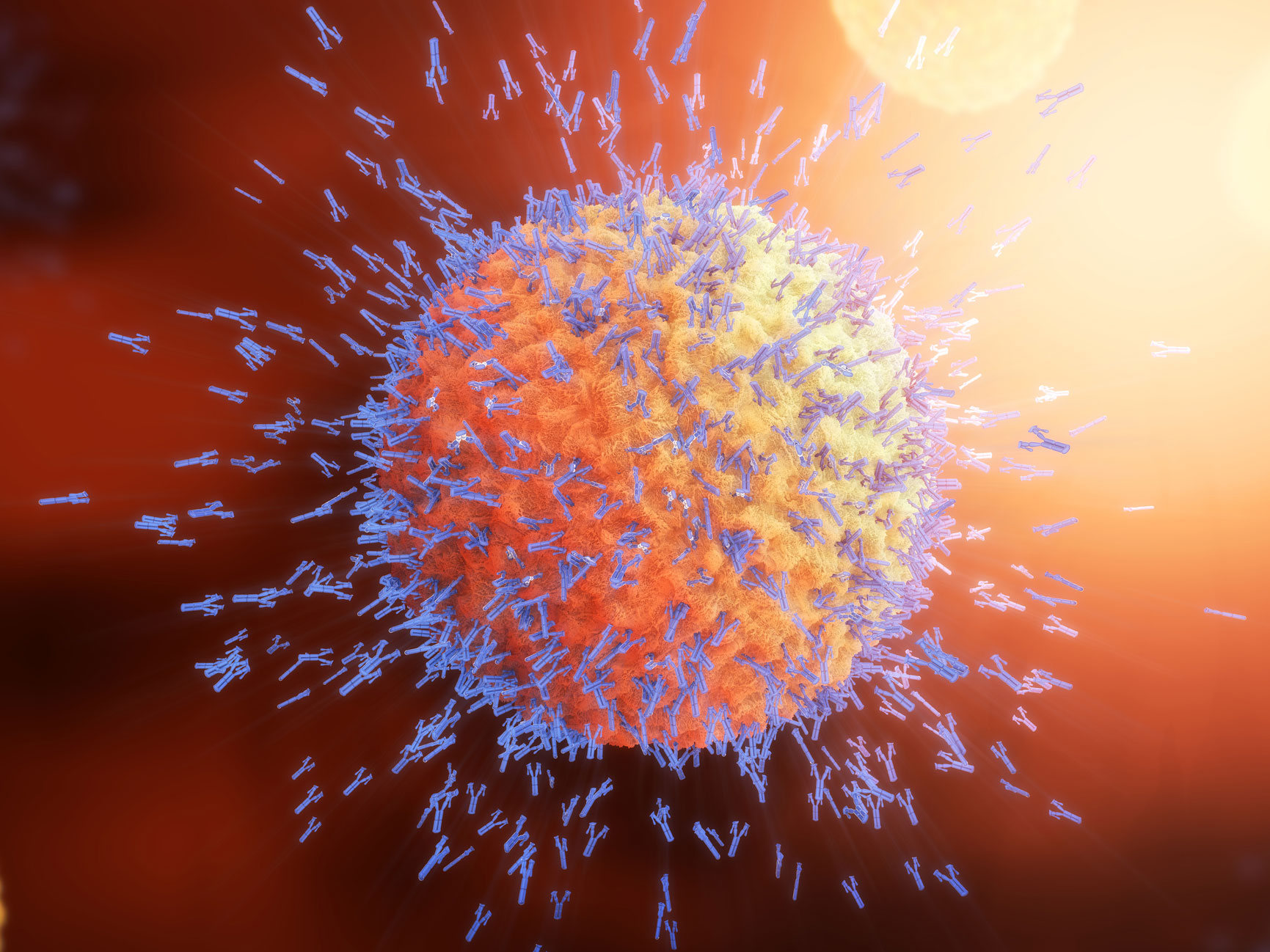Get Easy Health Digest™ in your inbox and don’t miss a thing when you subscribe today. Plus, get the free bonus report, Mother Nature’s Tips, Tricks and Remedies for Cholesterol, Blood Pressure & Blood Sugar as my way of saying welcome to the community!
How antibodies from coronavirus survivors might save lives

On February 27, the Wall Street Journal published an article by Dr. Arturo Casadevall, an immunologist at Johns Hopkins University in Baltimore.
“I knew if I could get this into a newspaper, people would react, whereas if I put it into a science journal, I might not get the same reaction,” said Dr. Casadevall.
Dr. Casadevall’s article moved about 100 researchers nationwide to begin research that would spur the notoriously slow Food and Drug Administration into action.
As a result, there is now an “investigational treatment” against the coronavirus. Scientists may submit proposals to test it in clinical trials.
But more astounding is that the FDA has actually given the green light for doctors to use this experimental treatment compassionately, to treat patients with serious or life-threatening COVID-19 infections, even though it is not yet approved.
Convalescent plasma might save lives during COVID-19 pandemic
In New York City, there have been more than 40,000 people infected with the coronavirus.
On March 23, New York governor Andrew Cuomo announced a plan to use convalescent plasma in two major hospitals to treat people with COVID-19 disease.
The hope is that it will keep intensive care units from overflowing and having to withhold treatment from seriously ill people because of the sheer number of cases they are faced with.
Governor Cuomo emphasized that this is only a trial, not an established cure.
“It’s a trial for people who are in serious condition, but … we think it shows promise, and we’re going to be starting that this week.”
Once blood is screened for infectious agents, it is relatively safe to use. And, in a situation where time is of the essence, it beats waiting months or even years for the development of new drugs or vaccines.
Related: How your blood type could influence your risk of getting COVID-19
This approach is not new
The approach of infusing patients with the antibody-rich blood of those who have survived an infection is not new.
The approach dates back to the 1890s, and one of the largest trials was during the H1N1 influenza virus pandemic of 1918. More than 1700 people received blood from recovered patients. Unfortunately, research standards back then weren’t what they are today, so it’s hard to know how successful the approach really was.
During the SARS outbreak in 2002 to 2003, a trial of 80 people in Hong Kong found that those treated within two weeks of showing symptoms had a higher chance of survival than those who weren’t treated.
And convalescent plasma was used in at least two outbreaks of the Ebola virus in Africa. Again, success rates were not precisely recorded, and the studies were small.
Timing could be critical
Today, painstaking research by scientists worldwide is revealing that when convalescent plasma is used may be the key to its success.
In February, doctors in China used convalescent plasma to treat 13 people who were critically ill with COVID-19. Within a few days, it looked like the virus was no longer circulating in their bodies. Yet the patients’ condition continued to deteriorate.
Most patients had been sick for more than two weeks, suggesting that it may have been too late for the antibodies to be effective.
At New York’s Albert Einstein College of Medicine, plans are in the works for three clinical trials that will hopefully tease out the optimal timing for administering this therapy.
In one trial, researchers plan to infuse patients at an early stage of the disease and see how often they advance to critical care. Another trial will treat severe cases.
A third trial will administer plasma to people in close contact with those confirmed to have COVID-19. Researchers will measure how often these people contract COVID-19 infection after an infusion, compared with others who were also exposed to COVID-19 but not treated.
Dr. Liise-anne Pirofski, an infectious disease specialist at Albert Einstein College of Medicine, says that these outcomes would be measurable within one month.
Stay tuned.
Editor’s note: There are perfectly safe and natural ways to decrease your risk of blood clots including the 25-cent vitamin, the nutrient that acts as a natural blood thinner and the powerful herb that helps clear plaque. To discover these and other secrets of long-lived hearts, click here for Hushed Up Natural Heart Cures and Common Misconceptions of Popular Heart Treatments!
Sources:












